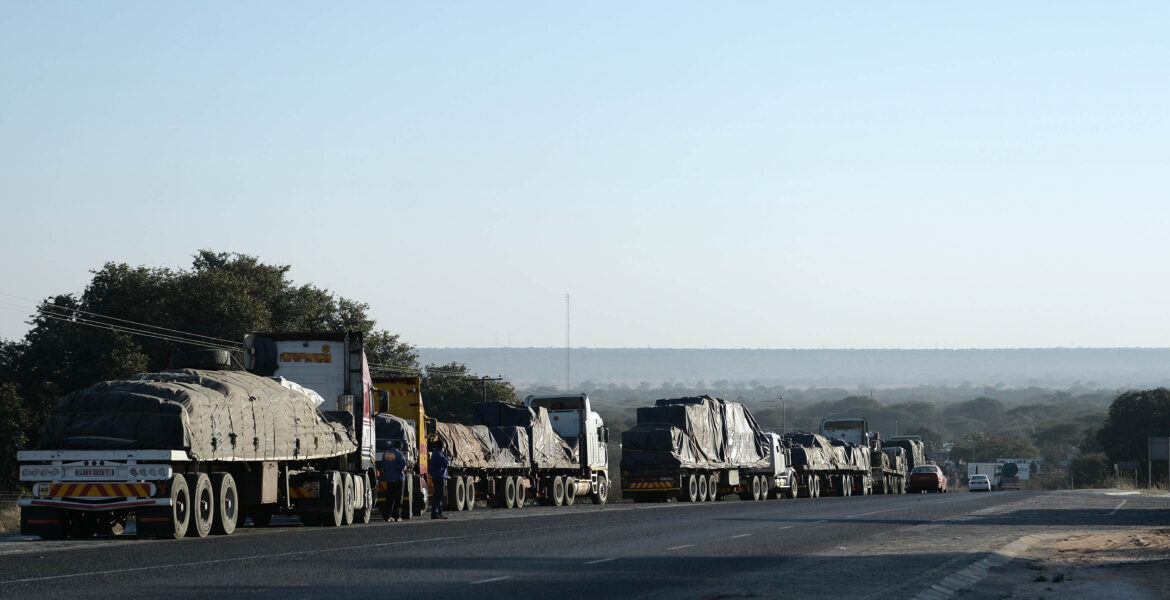Young Batswana women are reportedly trapped in a Russian human trafficking scheme, coerced into military drone labor, while local and regional trafficking persists
GAZETTE REPORTER
Several young women from Botswana are reportedly among victims of a transnational human trafficking network linked to Russian officials and illicit recruiters, according to the 2025 Trafficking in Persons (TIP) Report for Botswana by the United States Department of State.
The report highlights that women aged 18 to 22 were fraudulently recruited under the guise of vocational training programs and scholarships in engineering and technology fields. Once in Russia, they were allegedly coerced into working at military drone production sites, facing harsh conditions, long hours, strict surveillance, and confiscation of passports.
INDICATORS OF TRAFFICKING
“Media report workers at these sites are subjected to hazardous conditions, surveillance, hour and wage violations, contract switching, and worker-paid recruitment fees, all of which are indicators of human trafficking,” the report states.
The report also notes a lack of convictions in Botswana for the third consecutive year, with minimal victim identification and no anti-trafficking training provided to diplomats.
LOCAL AND REGIONAL EXPLOITATION
Traffickers exploit child refugees at Dukwi camp, targeting foreign truck drivers. Central African migrants transiting Botswana to South Africa, as well as children and foreign nationals from Zimbabwe, DRC, Nigeria, East Africa, and South Asia, are also exploited in sex and labor trafficking. The report additionally cites possible forced labor involving Cuban regime-affiliated medical professionals in Botswana.
CALLS FOR STRONGER ACTION
The TIP Report urges Botswana to adopt Standard Operating Procedures (SOPs) and a National Referral Mechanism (NRM) to identify and protect trafficking victims. It also calls for vigorous investigation and prosecution of traffickers, with significant prison terms for convicted perpetrators.
The government reportedly investigated five trafficking cases during the reporting period but has yet to secure convictions, with delays and limited capacity hindering cross-border investigations.
INTERNATIONAL COOPERATION NEEDED
Botswana has cooperated with Namibia and Zimbabwe on investigations, though corruption and capacity issues in South Africa and other regional partners have hampered progress. The report emphasizes that enhanced regional collaboration and robust domestic enforcement are crucial to combating human trafficking in and through Botswana.

